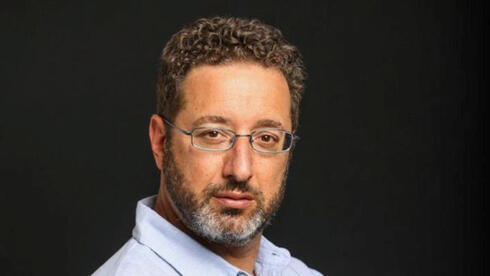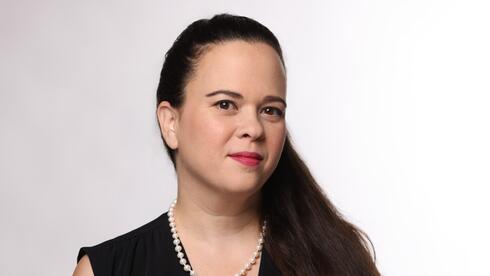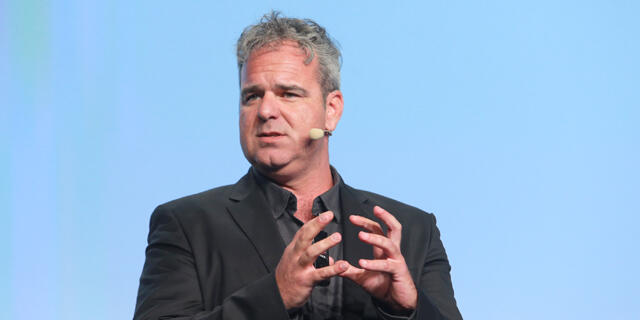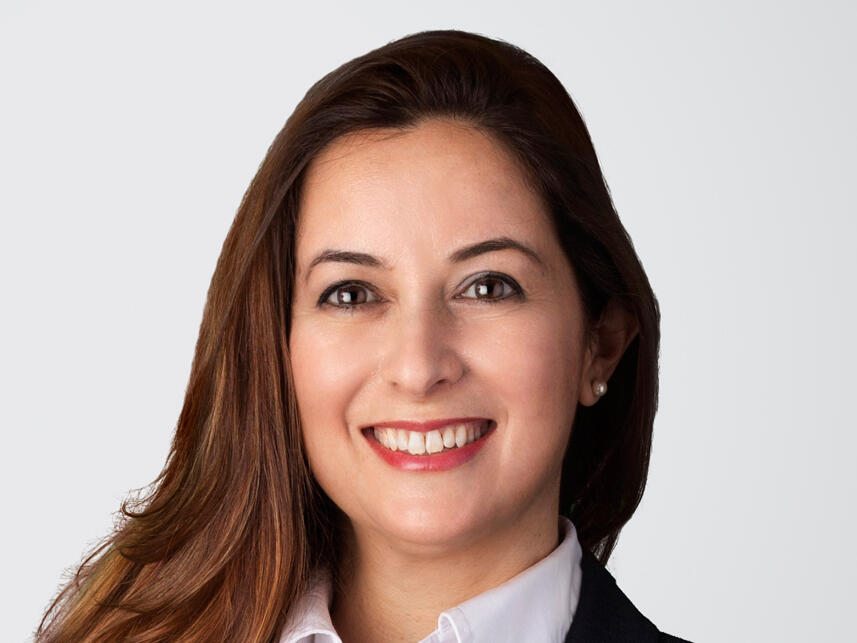
OpinionIsraeli AI’s opportunities under the second Trump Administration
Opinion
Israeli AI’s opportunities under the second Trump Administration
"The coming years may bring great opportunities for Israeli AI companies seeking to expand their operations in the U.S," writes Meital Stavinsky, Partner and Co-Chair of the Israel Practice of Holland & Knight
President-elect Trump will be sworn in as the 47th President of the United States on Monday, January 20. Under his second term over the next four years, profound developments are expected to evolve in artificial intelligence (AI) technology and AI policy. And with Republican control of both chambers of U.S. Congress, President Trump is powerfully positioned to lead AI-related legislative priorities that will seek to support a thriving AI industry in the U.S.
Earlier in December, President-Elect Trump announced the appointment of former PayPal Chief Operating Officer and Co-Founder of venture capital firm Craft Ventures, David Sacks, as his "White House AI & Crypto Czar". Among Craft Ventures’ portfolio companies are the Israeli Upwind Security and Moesif. Sacks’ nomination was enthusiastically welcomed by tech industry leaders. He is expected to prioritize regulating the usage of AI in critical applications instead of focusing on regulating the development of the AI models themselves. As a reminder, Silicon Valley investors strongly opposed California's unsuccessful SB 1047 bill, which sought to regulate AI model development. And, while the Trump Administration is expected to rescind much of the Biden Administration AI initiatives, one area it is likely to further strengthen is AI-related export restrictions.
A couple weeks after Sacks’ nomination, the U.S. House Bipartisan Task Force on AI published its long-awaited report including guiding principles and forward-looking recommendations. The report states, “to ensure the economic and national security benefits accrue in the United States and the technology is developed and deployed responsibly here and across the world, the United States must take active steps to safeguard our current leadership position.” The report acknowledges the potentially transformative benefits of responsible government use of AI. However, it also cautions of the risks relating to irresponsible or improper use and the possible impact to individual privacy and security, and the importance of fair and equal treatment of all citizens by their government.
AI’s important role in national security and defense has led to its landmark inclusion in the $895 billion National Defense Authorization Act (NDAA), passed by the U.S. Congress on December 18 with bipartisan support. The NDAA authorizes a wide variety of appropriations for the Department of Defense (DOD), as well as nuclear weapons programs of the Department of Energy, and other defense-related activities. The bill also establishes defense policies and restrictions, and addresses organizational administrative matters related to the DOD.
The AI provisions in the FY 2025 NDAA do not substantially regulate the use of AI, rather they direct defense agencies to launch pilot programs and initiatives to support the adoption of AI by the government for defense purposes. For example, the Under Secretary of Defense is directed to launch a pilot program to develop near-term use cases and demonstrations of AI for national security-related biotechnology applications, with support for public-private partnerships within one year after the NDAA is enacted. The Secretary of Defense is also directed to launch a multilateral AI working group to develop and coordinate AI initiatives among the allies and partners of the United States.
Israel is a leader in the global AI industry, with a strong ecosystem of AI companies, research centers, and government support. There are more than 2,300 AI startups active in Israel today, according to a report co-produced by Google Israel and RISE Israel. The coming years may bring great opportunities for Israeli AI companies seeking to expand their operations in the U.S. Understanding the evolving regulatory framework will be an important consideration to keep in mind and Israeli companies are encouraged to consult with their advisors about how to participate in what is likely to be a rapidly growing U.S. defense market.
Meital Stavinsky is a Partner and Co-Chair of the Israel Practice of Holland & Knight, a leading U.S. based law firm.















